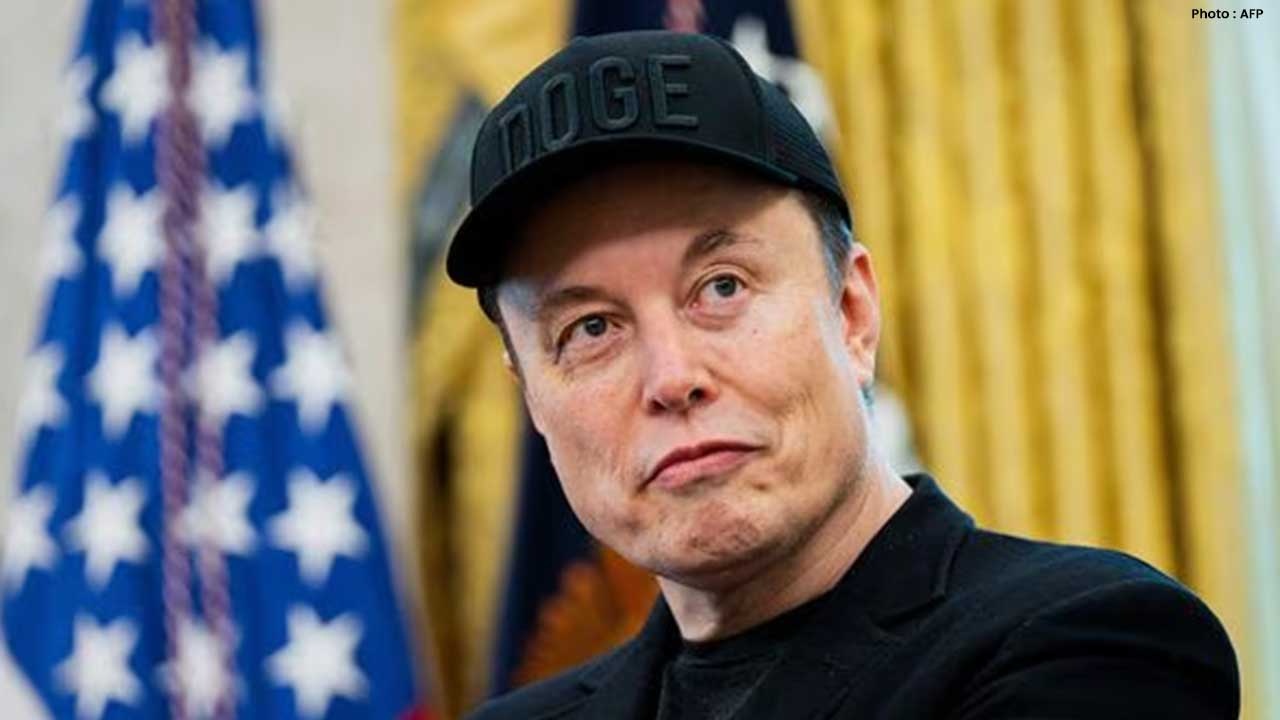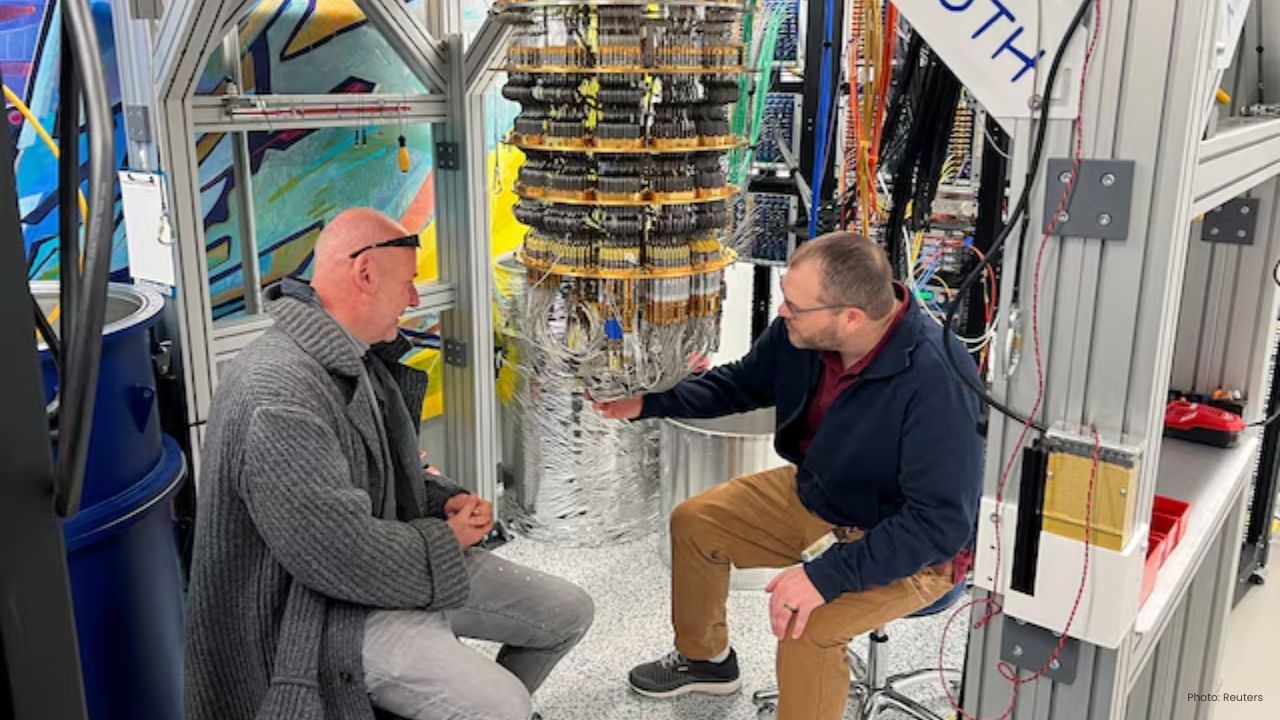
Musk Close to Trillionaire Milestone as Global Wea
A proposed Tesla pay package could make Elon Musk the first trillionaire, prompting fresh debates on

Quiet research labs and niche startups have moved into the spotlight as quantum computing names climb rapidly, drawing attention from both everyday traders and big institutions. Companies such as Rigetti, IonQ, D-Wave and Quantum Computing Inc. are being bet on to turn delicate physics experiments into commercial machines that could tackle problems classical computers cannot.
The rush has produced dramatic market moves this year, with several stocks more than doubling in value and some surging far higher. Rigetti, for instance, rose from about $1.06 a share to an intraday high near $58 before easing to roughly $38 — a surge that contrasts sharply with its limited revenue and continuing losses. By comparison, established chip makers like Nvidia trade at far lower multiples of sales, underscoring the extreme premiums investors are willing to pay for quantum exposure.
Quantum machines promise sweeping change across industries, from faster drug discovery to new approaches in cryptography and materials science. That potential has prompted major banks and tech companies to explore the space: JPMorgan Chase has identified up to $10 billion for strategic investment opportunities, while IBM — partnered with HSBC in testing quantum-enhanced bond trading tools — is among the corporate players pushing practical applications forward.
Yet the impressive visions meet sobering short-term numbers. Rigetti’s forecast of about $21.9 million in revenue for 2026 sits uneasily beside a market capitalization in the billions, a disconnect that has investors and analysts debating how to price futuristic promise against current performance.
Trading volumes in these pure-play quantum firms have surged, sometimes outpacing much larger tech names. Analysts note that assigning a fair value to such companies often feels speculative — “an art more than a science” — because commercial timelines remain uncertain. For some market participants, the momentum is an early-stage bet on a transformative technology; for others, it resembles speculative excess driven by optimism more than earnings.
Investors are split between those willing to pay for potential breakthroughs and those cautious about lofty prices amid slow operational progress. Ultimately, the sector’s path will likely depend on technological milestones, corporate adoption, public funding and how long the market is willing to wait for quantum computing to move from laboratory promise to real-world payoff.